At HoCoSo, we anticipate this next chapter in the history of hospitality to be one of discovery; of finding new ways to establish our industry on a dramatically more sustainable footing; of catching the wave of innovation; of utilising technology effectively; and of nurturing our industry’s most valuable asset – people.
Based on this, HoCoSo CONNECT is back with a new five-programme series, focusing on opportunity, solutions and best practices. Our second discussion explored innovative, creative and entrepreneurial mindsets.
Hosting the roundtable discussion was HoCoSo’s Co-founder and Chairman, Jonathan Humphries. He was joined by some of our industry’s bright minds.
Even standing perfectly still, humans travel at a constant of 1,656 Km/hour, which is the speed Earth revolves round its axis. That’s roughly twice as fast as travelling on a commercial airliner and even faster than the speed of sound measured at 1,234 Km/hour.
Why is this relevant you might wonder?
The simple answer is, because movement introduces change and change is one fundamental constant to the propagation and evolution of our species’ ecosystem. To better illustrate, consider the ‘Survival of the Fittest’, a phrase inspired by Charles Darwin’s Evolutionary Theory. It describes the mechanism of natural selection, a relevant though unfortunate example when considering the repercussions the COVID-19 pandemic has had on the world and the hospitality industry in specific.
Though generally misunderstood, survival of the fittest doesn’t imply strength in the face of adversity, rather ingenuity in the face of the improbable. At a time when change is the new order of the day, HoCoSo Co-founder and Chairman Jonathan Humphries hosted the second iteration of a five-part collaborative meeting programme titled, ‘The Recovery Series’. Specifically designed as a virtual meeting place, it is where select industry professionals, entrepreneurs, innovators and operators meet to freely discuss various topics directly related to ensuring continued growth of the hospitality industry.
A firm believer and proponent for change, Jonathan leads the HoCoSo team in all initiatives and thrives on collaboration to find transformative solutions for the future of hospitality. The following episode, focused on ‘Exploring Creative and Entrepreneurial Mindsets’, illustrated the power of ingenuity and the effects of adaptability in the face of great uncertainty.
This session’s participating individuals are not only entrepreneurs, they’re also passionate free-thinkers setting new ground and ushering novelty by putting forward actionable ideas and fairly-applicable strategic solutions that only a year ago weren’t on anyone’s radar.
In his opening remarks, Jonathan reiterated the severity with which the hospitality industry was hit. He then emphasized that a number of solutions to unshackle the industry from a debilitating year are already being applied and the results are quite promising, even surprisingly effective. Yet before opening the floor, he stressed the point that group solutions, as opposed to individual pursuits, should be the new way forward. “Collectively, we have access to new ways of thinking and doing things that maybe other individual industry players don’t. It would be selfish, considering everything that has come to pass, not to share these. Such sessions were created for the express purpose of offering a unique level of comfort in terms of openness and exchange of ideas that are instrumental to paving the way forward in a healthy and unbridled fashion.”
The open-loop system
While instituting a system based on a trial-and-error format might have seemed incredulous a year ago, the pandemic, which indiscriminately spread its ugly tentacles across the globe, drove some brands to re-examine their now defunct strategies as evidenced by Zoku. A re-invented apartment hotel concept offering global living and working for roaming professionals who like to travel light. Launched in Amsterdam in May 2016, the brand has since expanded its footprint to Copenhagen and Vienna. Leading the charge, is Marc Jongerius, co-founder and managing director of Zoku, who harbours a passion for realising a brand’s full potential in uniquely-imaginative ways.
At heart, Zoku believes that the world no longer needs more ‘stuff’, rather smarter solutions. Creating a place where people and ideas come together was the goal, which required stretching the definition of a hotel into a place where people can stay for longer periods and truly engage with the world and those around them. Enter Zoku, meaning family, tribe or clan in Japanese.
Despite the flexibility of that setup, Marc noted, “We were forced into a new direction due to the pandemic by shifting focus from the global nomads travelling for business to servicing domestic and leisure travellers. Furthermore, we also realised that we had plenty of dead space and decided to organise events as well while offering short, long and even residential stays in the same product.”
With the bottom line always looming and profit margins at an all-time low, reappropriating the existing setup into a more inviting communal space did require some doing. However, what was instrumental in that success, Marc revealed, was the creativity shared by the entire team based on a method created in-house. “The system we instituted using the ‘build, measure, learn, loop’ afforded our team the ability to discard ideas that did not quite work while fine-tuning those that do in a very efficient and time-saving way.”
Another idea that proved to have been a hit, was when Zoku turned its focus to the F&B sector, which was dead in the water. Hans Meyer (Marc’s co-founder at Zoku) utilised all resources at his disposal to reintroduce the eating-out experience. Leading his team, they transformed the full floor of Zoku Lofts, comprised of twenty-five units, into private fine-dining areas, which under normal circumstances would have cost guests an arm and a leg. With a Michelin star chef preparing globally-coveted signature meals, guests were invited to connect through Zoom to share, in real-time, their thoughts on such an unimaginable experience with full access to the chef.
Recalling the thrill of it all, Marc anxiously revealed, “The success of that idea, which we now refer to as ‘The Event’, grew into an entirely new business for the Zoku brand. Thanks to the ‘build, measure, learn, loop’ system, we now have a great tool for introducing novelty in a highly-effective and fun way even during such difficult times.”
The ‘hometel’ concept
Reflecting on the learnings of 2020, Jonathan speculated what other opportunities businesses had entertained to re-evaluate what they were doing and how best to move forward. “There’s been a lot of talk around pivoting and adapting to the ‘new world order’. And while each business was able to do it slightly differently, ‘shelfing’ failed ideas as opposed to completely discarding them, is yet another healthy approach to addressing novelty in a timely fashion. In so doing, a brand would be building a kind of ideas bank for later use. Yet what remains instrumental to the success of any idea no matter how significant it may prove to be, is creativity.”
Case in point, is The Hamlet, a collection of high-end apartments in a newly-renovated 18th century townhouse in the heart of Geneva. Co-founder Christoph Wondraczek expressed his shock at the unexpected drop in occupancy almost overnight. “We were forced to fully pivot to our long-stay market. As a first measure, we increased our marketing spending immediately and invited people who were stranded in hotels and didn’t have a place to go to stay with us. That was one part of how we filled our apartments.”
After taking the time to measure the effect such a strategic shift had made on the business, Christoph saw more room (pun intended) for other potential ideas. “The second thing we did, was to reach out to businesses who either didn’t want to, or couldn’t take the risk of having too many people in one office. So we just turned some of our spacious apartments into an office space.”
The third, and perhaps the more interesting services offered, saw the team using the arsenal at their disposal to aid families nursing high-risk individuals likely to contract COVID-19 and in turn infect the members of that entire household. “We helped high-risk individuals by providing them with a safe and beautiful environment and looking after them by making sure that they had everything they need.”
Listen to your heart
The pandemic, specifically lockdown restrictions, had a tremendous effect on everyone irrespective of social standing, race, gender and creed. It forced us into an extremely tight corner where we took a pause to reflect on everything we had built thus far. Yet one of the unexpected ramifications of that proverbial ‘time-out’ otherwise used to educate badly-behaving children, was new insight on how we ourselves have been treating each other.
This notion was further cemented and communicated by Christoph’s concluding thought that arguably, humans cannot operate in a vacuum, as their core existence is connected to a host of globally-interdependent networks. “As a team, we really grew close and had a very different type of engagement with our guests due to a shared uncertainty of what tomorrow brings. It was a challenging adventure that completely changed the whole outlook into how we perceive engagement with our guests. It felt like suddenly, everything was completely open to reinterpretation since anything now seemed possible.”
Echoing that heart-felt statement, was former President of Hilton Middle East and Africa Jean-Paul Herzog. A veteran of the hospitality industry with over 40 years of experience as GM and later CEO of 130 Scandic Hotels and President Hilton MEA, he maintained that, “Having taken residence in 19 different locations throughout my career, I have always believed that we didn’t need a catastrophe to teach us to be nice to our guests, to provide space for them and to interact with them. We could have done all that before, but did not or at least not sufficiently so. So, let’s turn this unfortunate event into a springboard for what is to come.”
Wondering how long the effects of such a lesson would linger before fading into oblivion, Jonathan said, “The pandemic, actually forced us to approach things differently. It also forced us to really think about the needs of the guests from a grassroot basis in aid of offering them solutions that they really need.”
Seizing the opportunity to lend more insight from a historical perspective was Robert Godwin, whose unusual past and amassed experience speak volumes to dealing with situations as they transpire with blinding immediacy and tactful effectiveness. As a former Olympic calibre sailor, his instincts had been honed by the natural elements, as he tirelessly crossed oceans while safely navigating his team’s vessel to the finish line. After turning that page, he ventured into an equally competitive industry, hospitality, by first rising to become Lamington Group’s managing director, operating West London’s largest and most trusted suppliers of short-term serviced apartments. He then went to found room2 hometels, aimed at capturing the aesthetic qualities of design-led hotels that offer the comfort of private apartments.
In discussing the unexpected, Robert explained, “There exist, within a recession, evolutionary cycles, which historically, have driven the greatest levels of innovation throughout their lifespan. I also believe that now is a fantastic period for us to think at much greater depth and detail about what really matters. One way to go about that, is to strip-out the services that don’t matter. In so doing, we’d be allowing ourselves room to think about new trends and investment opportunities. Though this period has been challenging, it’s equally extremely exciting and probably will see people coming up with new ideas, which may make it onto our offered services in the future.”
Want to find out more?
READ Part 2 HERE !
Part 1 – Key takeaways
- The system instituted using the ‘build, measure, learn, loop’ afforded our team the ability to discard ideas that did not quite work while fine-tuning those that do in a very efficient and time-saving way.
- There’s been a lot of talk around pivoting and adapting to the ‘new world order’. And while each business was able to do it slightly differently, ‘shelfing’ failed ideas as opposed to completely discarding them, is yet another healthy approach to addressing novelty in a timely fashion.
- As a team, we really got close to each other and had a completely different type of engagement with our guests due to a shared uncertainty of what tomorrow brings. It was a challenging adventure that completely changed the whole outlook into how we perceive engagement with our guests.
- We didn’t need a catastrophe to teach us to be nice to our guests, to provide space for them and to interact with them. We could have done all that before, but did not or at least not sufficiently so. So, let’s turn this unfortunate event into a springboard for what is to come.”
- The pandemic, actually forced us to approach things differently. It also forced us to really think about the needs of the guests from a grassroot basis in aid of offering them solutions that they really need.
- There exist, within a recession, evolutionary cycles, which historically, have driven the greatest levels of innovation throughout their lifespan.
About the author
Jad Haidar
Leveraging over 20 years of writing as a seasoned journalist, Jad has interviewed globally reputed personalities in the advertising, communication and hospitality industries. He is a storyteller at heart, crafting balanced and informative articles for readers. He was the features writer for ArabAd and Hospitality News magazines in the Middle East for the past 10 years and is currently a webinar writer for HoCoSo. Before becoming a journalist, he spent 5 years teaching English. He holds a B.A. in English Literature and communicates in 4 languages.
About HoCoSo
HoCoSo are advisors with a difference.
We create tailor-made and innovative solutions for clients’ hospitality-led projects by bringing together the optimum team of sector specialists.
Jonathan Humphries, Chairman and Owner of HoCoSo, and his direct team specialize in the extended-stay, co-living, and hotel-alternatives hospitality market; luxury, lifestyle and boutique hotels; and resort developments in Europe, the Middle East and Africa (EMEA). Our strengths lie in the following core services:
- Product & Concept Creation, for portfolio & individual asset developments.
- Strategic Development Projects with a focus on new-market / new-concept business expansion planning, operator selection, market and financial feasibility studies.
- Transformative Asset Management for brand re-positioning, asset re-evaluation and concept re-structuring.
- Hospitality Education for companies and academic institutions, with a focus on bespoke course development, training and teaching.
- Workshops, Keynotes and Conference Moderating for boards, leading international conferences and incubators.
During the covid19 crisis, HoCoSo launched HoCoSo CONNECT, an initiative aimed at bringing the industry together to brainstorm and collaborate; HoCoSo CONVERSATION, a podcast channel encouraging the discussion with thought leaders from around the globe, for the hospitality industry; and, in collaboration with Atlas Coaching and Cervus Leadership Consulting, we also launched the Hospitality Resilience Series , a combination of online events, insights and discussions aimed at helping build your personal resilience and inner immunity.


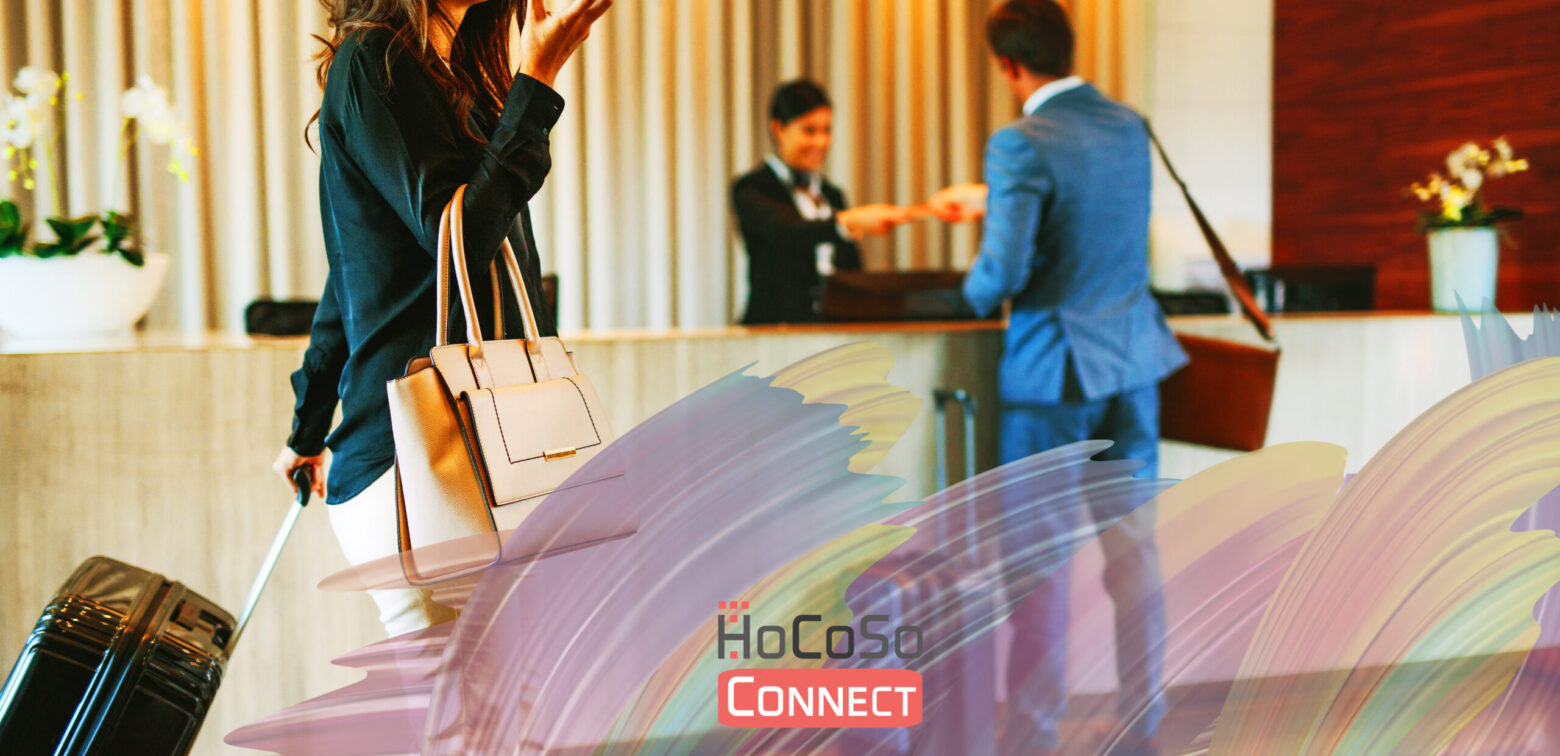
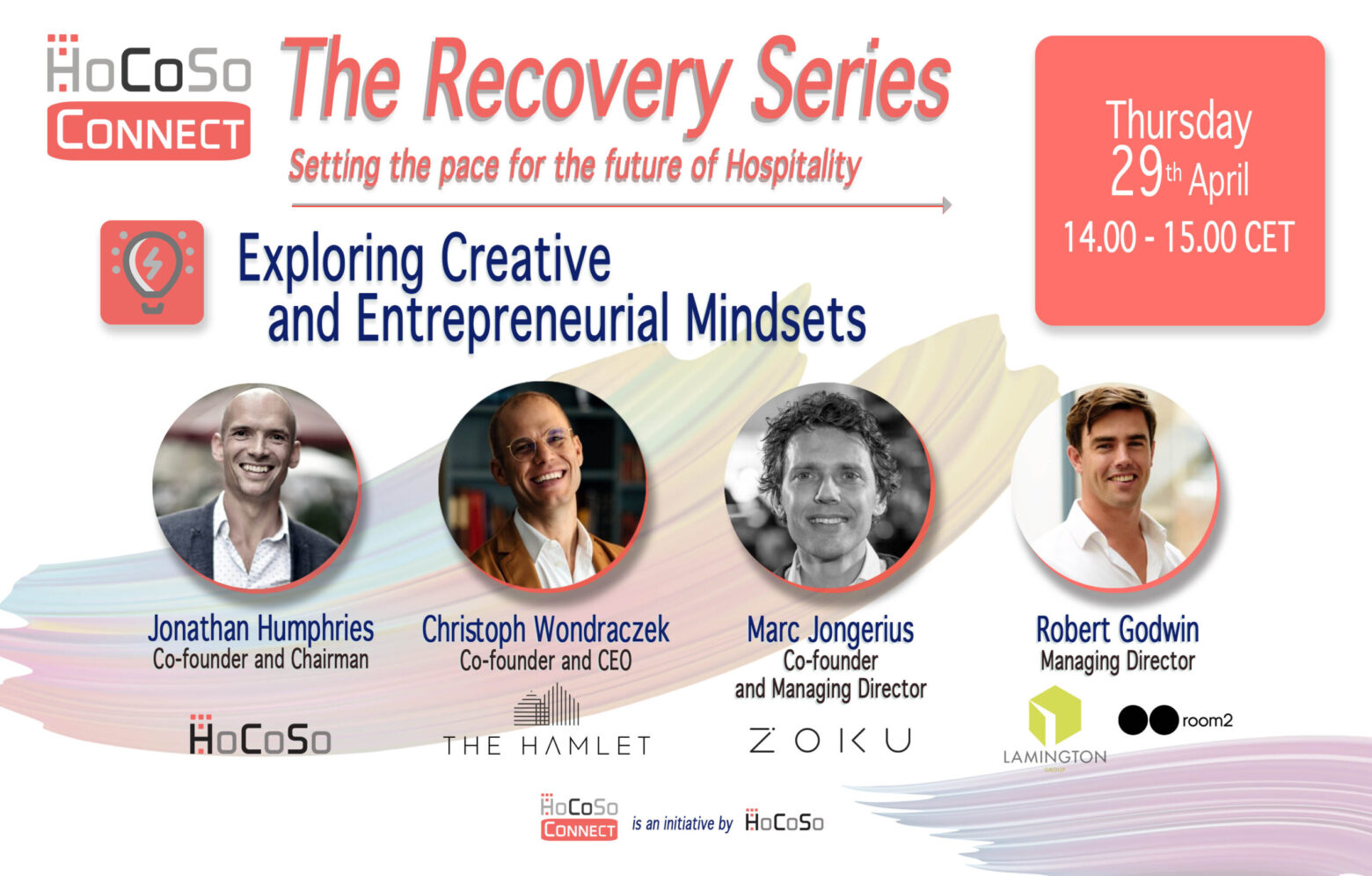
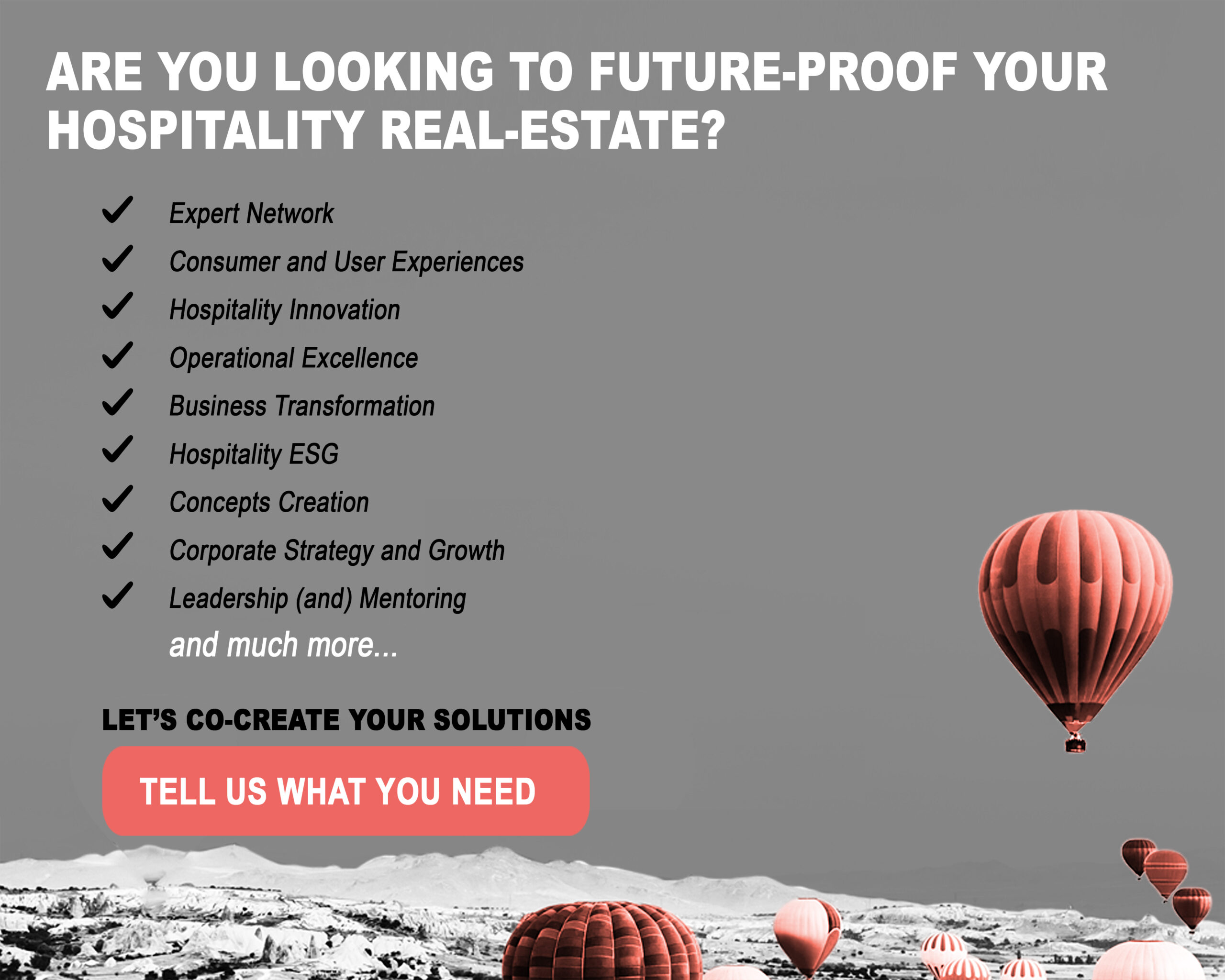
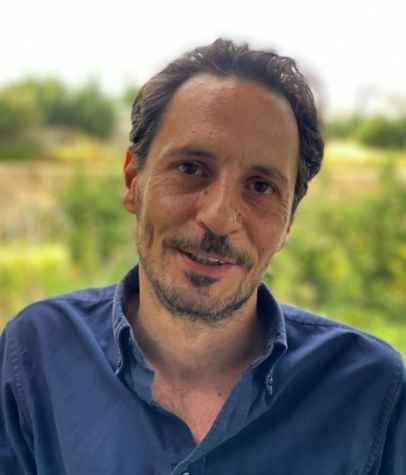
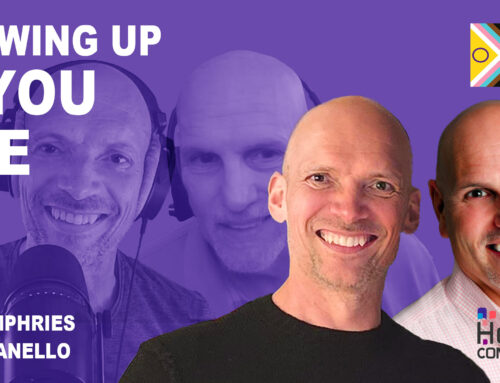
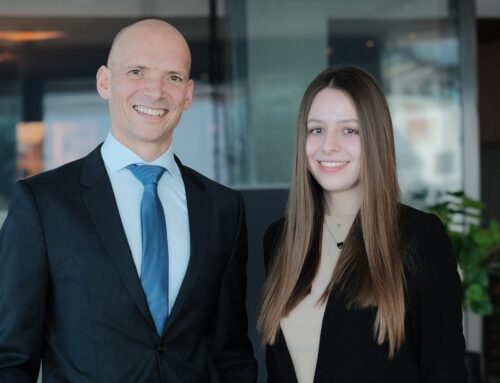


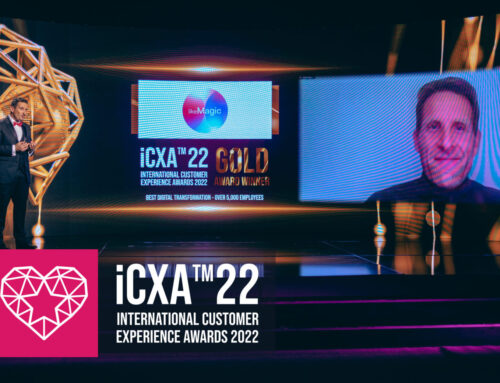
Leave A Comment